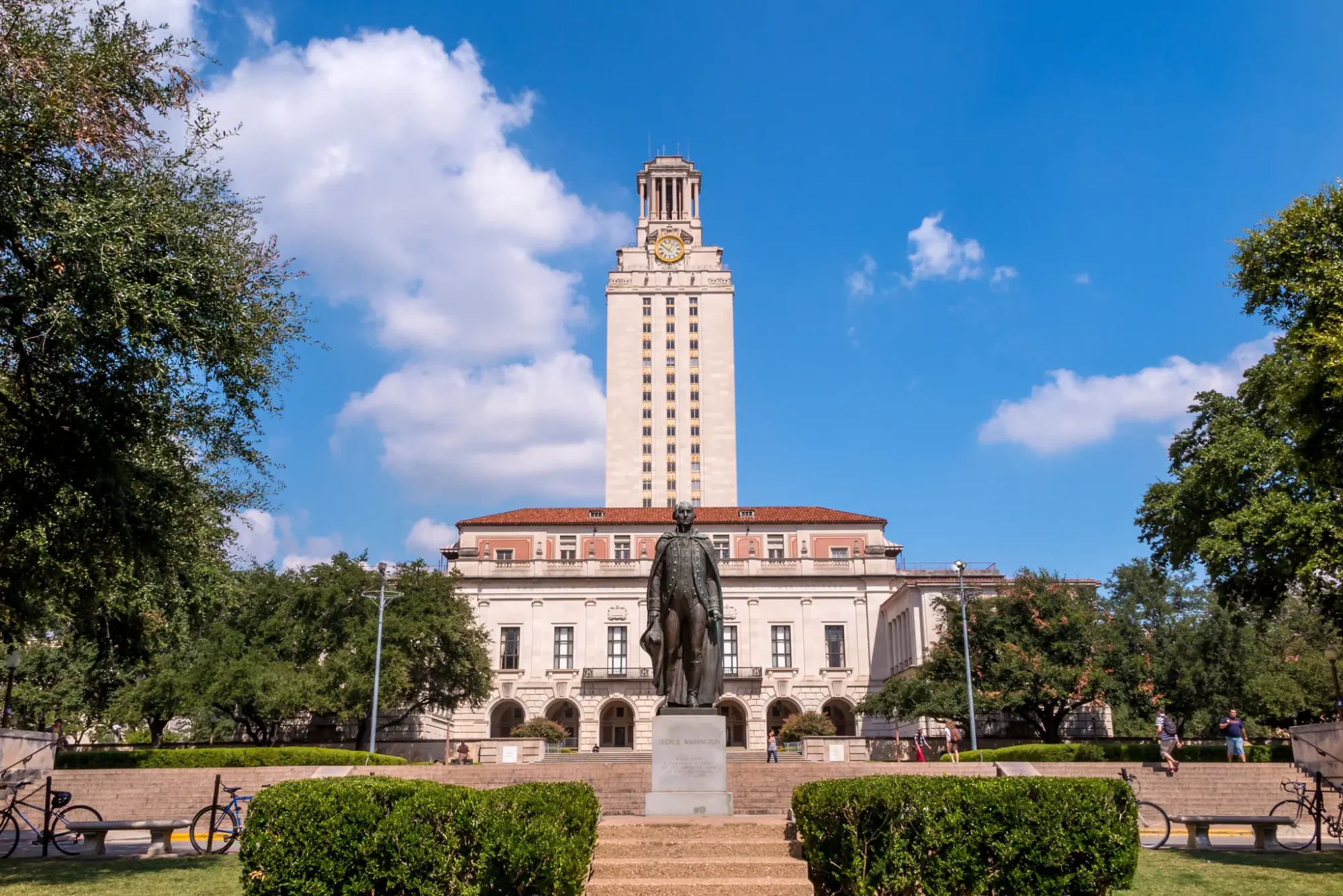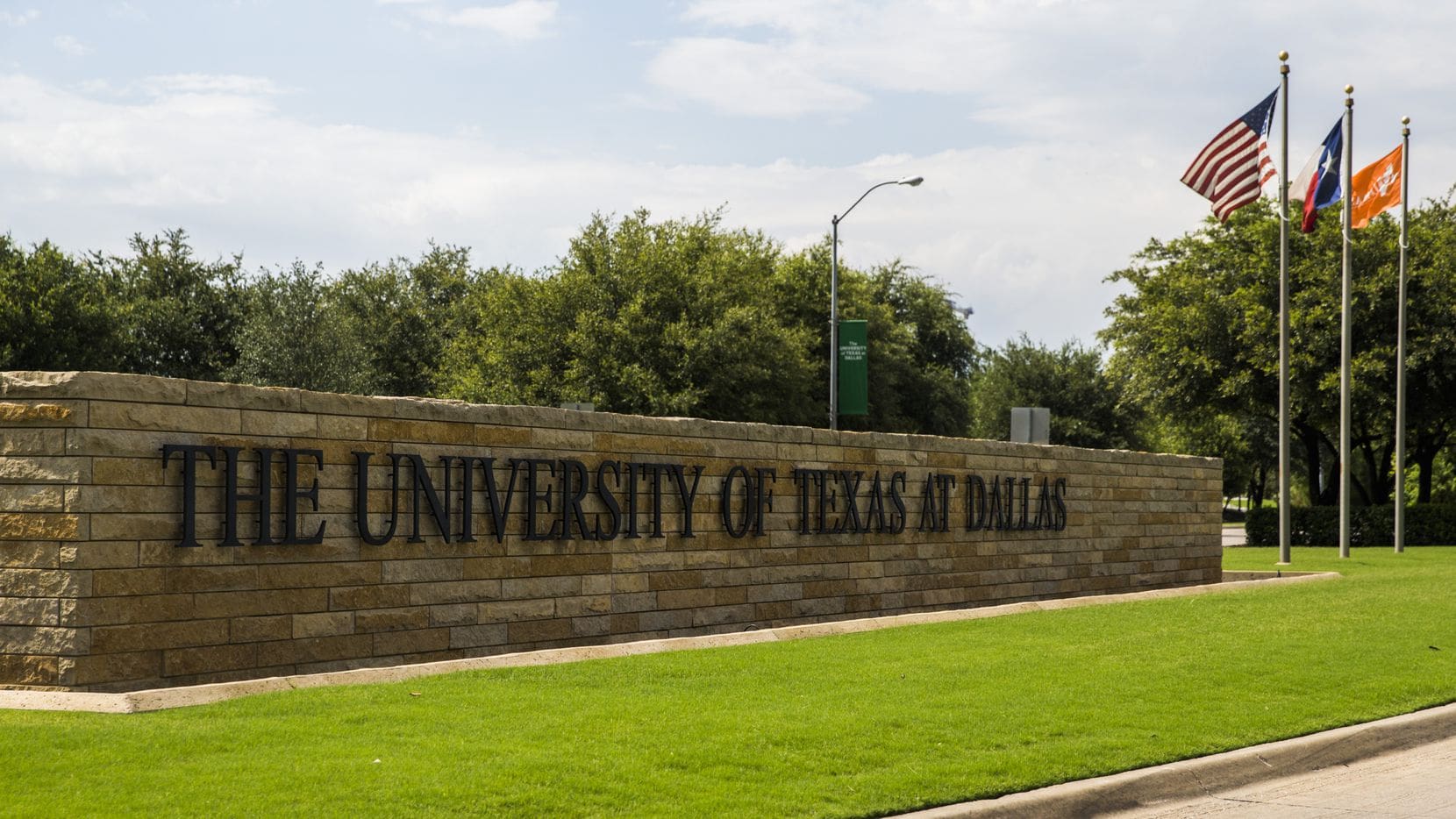On Wednesday morning, Lt. Gov. Dan Patrick requested that Gov. Greg Abbott add the consideration of Tuition Revenue Bonds (TRBs) to the ongoing special session agenda.
Our last TRBs were in 2015. There have been requests and demands from schools across the state. Members in the House and Senate are ready to address this need, but the House parliamentarian has indicated that it needs to be included in the call before a bill can be passed. Both chambers stand willing to address the issue and provide the funds for tuition revenue bonds to our higher education institutions. I believe you support this as well.
TRBs are one of two types of bonds used to finance expansion in public higher education. Revenue financing system bonds are repaid by the university, whereas TRBs are repaid by the Texas Legislature (i.e., the taxpayers).
Generally, TRBs are used to provide additional infrastructure on campuses of higher education. These bonds were first authorized in 1971 and have gradually been authorized since then with changes to how they are allocated and approved.
Notably, the House Appropriations Committee already approved House Bill 160, authored by Republican State Rep. Terry Wilson (Marble Falls). HB 160 would allocate $325 million, among several other appropriations, for the purpose of TRBs. The bill was heard in conjunction with the legislation that has already passed the Senate and appropriates over $16 billion in federal COVID-19 relief money.
In 2015, the Legislature authorized the largest TRB legislation in Texas history, costing $3.109 billion in principal and an additional $2.24 billion in interest. For comparison, the Legislature had previously only authorized $2.6 billion between 1971 and 2014 to retire TRB debt. They authorized this legislation while still having $2.2 billion of previously issued TRB debt outstanding.
According to the Texas Public Policy Foundation (TPPF), “besides concerns with the growing cost of TRBs are concerns over how much scrutiny TRB requests actually face. Under standard practice, a majority of TRB requests are bundled into an omnibus TRB bill, the passage of which authorizes many lower priority projects that might not have received approval on their own.”
TPPF has also indicated that “the Legislature and a university’s board of regents approve TRBs instead of voters like some other forms of debt issued serviced by the Legislature, potentially reducing accountability and oversight of taxpayer dollars.”
In 2019, legislation that would have authorized $3.8 billion passed the Texas House of Representatives with only nine lawmakers voting against it. But Patrick didn’t prioritize the legislation, and it was never considered in the Texas Senate.
Critics of that legislation indicated that the state should not authorize bonds to fund the creation of facilities, as renovating existing structures would be more economical. Many believed that the state should give greater priority to addressing deferred maintenance needs that restrict enrollment growth, and that higher education institutions should instead finance capital construction through private capital investment or by using existing facilities more efficiently.
What Does it All Mean?
The special session will reach its forced conclusion on Tuesday, October 19. Abbott is the only one who can add the issue to the agenda, but it is unclear whether he will do so.
He has recently added other items, such as addressing a prohibition on COVID-19 employer vaccine mandates and re-increasing the penalty for illegally voting.




